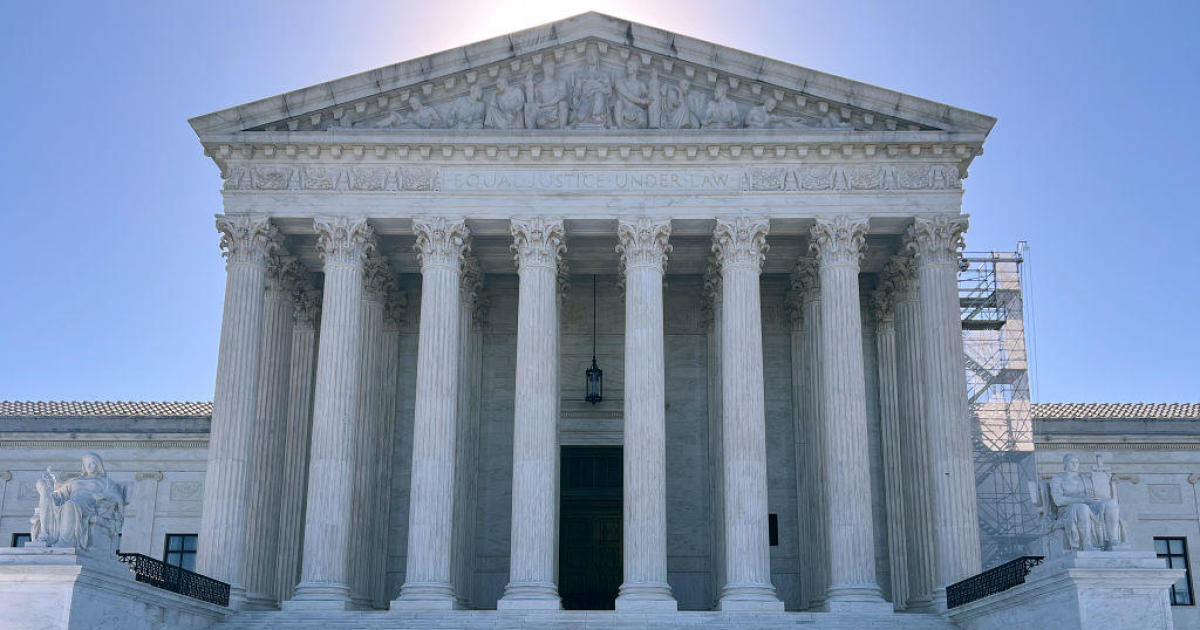The Supreme Court’s recent ruling against the Securities and Exchange Commission (SEC) has sparked controversy and debate over the agency’s enforcement practices. In a 6-3 decision, the Court found that the SEC’s use of in-house tribunals to seek civil penalties for securities fraud violated the Seventh Amendment right to a jury trial. This ruling has significant implications for the SEC’s ability to hold individuals and companies accountable for financial wrongdoing.
The case at the center of this dispute, SEC v. Jarkesy, involved George Jarkesy, the founder of two hedge funds with over 120 investors and $24 million in assets. In 2013, the SEC brought an administrative proceeding against Jarkesy, alleging violations of securities laws. An administrative law judge appointed by the SEC presided over the case and ultimately ordered Jarkesy to pay a civil penalty of $300,000. Additionally, Jarkesy’s advisory firm, Patriot28, was required to repay nearly $685,000 in alleged illicit gains.
Jarkesy challenged the SEC’s findings in the U.S. Court of Appeals for the 5th Circuit, which ultimately ruled in his favor on three constitutional grounds. The appeals court found that the SEC’s internal proceedings violated the Seventh Amendment’s guarantee of a jury trial, and also held that Congress had improperly delegated power to the SEC in allowing the agency to conduct these tribunals. Furthermore, the court deemed the limits on the removal of the SEC’s administrative law judges to be unconstitutional.
The SEC appealed the 5th Circuit’s decision to the Supreme Court, leading to a contentious legal battle over the agency’s enforcement practices. The justices were tasked with considering the constitutional issues raised by Jarkesy, as well as the broader implications for administrative law judges across federal agencies. The case presented a direct challenge to the SEC’s authority and raised questions about the balance of power between regulatory agencies and the judicial system.
Chief Justice John Roberts, writing for the conservative majority, emphasized the importance of preserving defendants’ rights to a jury trial in cases involving significant civil penalties. The Court’s ruling underscored the fundamental principles of due process and the right to a fair and impartial hearing before an independent tribunal. By striking down the SEC’s use of in-house tribunals for enforcement actions, the Court sent a clear message about the limits of administrative authority and the need for accountability in regulatory proceedings.
The implications of this decision extend beyond the specific case of SEC v. Jarkesy and have far-reaching consequences for the SEC and other regulatory agencies. The ruling could potentially impact the way in which the SEC pursues enforcement actions against individuals and companies accused of securities fraud. It may also prompt a reevaluation of the agency’s internal procedures and the role of administrative law judges in adjudicating these cases.
In the wake of the Supreme Court’s decision, the SEC faces a heightened scrutiny of its enforcement practices and procedures. The agency will need to reassess its approach to handling securities fraud cases and ensure that defendants’ rights are protected throughout the process. The ruling serves as a reminder of the importance of upholding constitutional principles and safeguarding the integrity of the legal system.
The case of SEC v. Jarkesy highlights the complex legal and regulatory issues surrounding securities fraud enforcement. It raises important questions about the balance of power between regulatory agencies and the judiciary, as well as the rights of defendants in civil proceedings. The Supreme Court’s ruling represents a significant development in the ongoing debate over the proper scope and limits of administrative authority in the realm of securities regulation.
Moving forward, the SEC will need to navigate the implications of the Court’s decision and adjust its enforcement strategies accordingly. The agency must strike a balance between pursuing alleged wrongdoers and respecting the constitutional rights of individuals facing civil penalties. The ruling in SEC v. Jarkesy serves as a pivotal moment in the evolution of securities regulation and sets a precedent for how enforcement actions are conducted in the future.
Overall, the Supreme Court’s ruling against the SEC in SEC v. Jarkesy marks a significant victory for defendants’ rights and the rule of law. By affirming the importance of the Seventh Amendment and the right to a jury trial, the Court has reinforced the principles of fairness and due process in the realm of securities enforcement. The decision will undoubtedly shape the future of regulatory actions by the SEC and other agencies, signaling a new era of accountability and transparency in the enforcement of securities laws.









